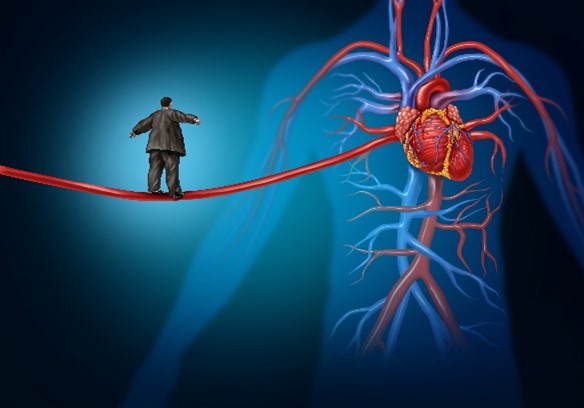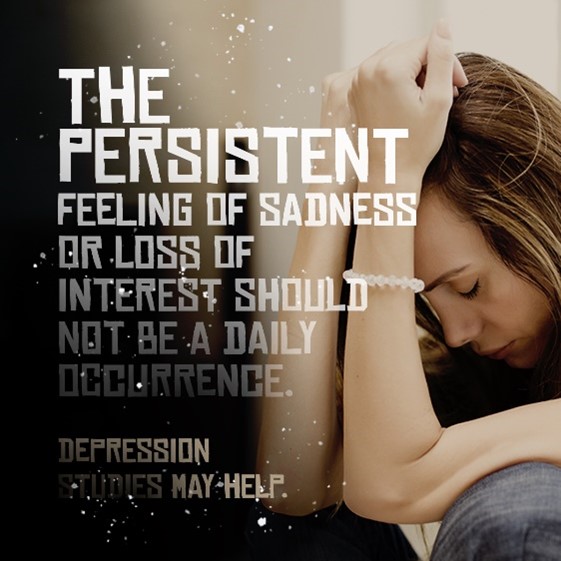Decidir si recibir tratamiento para un problema médico no siempre es un lujo que uno quiera darse. Por ejemplo, una pequeña herida que apenas sangra no requiere una visita a urgencias. Pero las cremas antibióticas y las curitas no lo solucionarán todo. Las enfermedades mentales como la depresión suelen atribuirse a una mala racha, estrés laboral temporal, etc. Ya sea que creas que puedes con ello o hayas encontrado otra razón para evitar el tratamiento, todo es un juego peligroso. Los efectos a largo plazo de una enfermedad mental sin tratar son más graves de lo que crees, y su impacto dramático puede ser devastador.
Efectos en la mente

La depresión clínica se clasifica como un trastorno mental, pero también afecta la salud física, el estado de ánimo, los pensamientos y el bienestar. No tratar la depresión puede empeorar los síntomas y prolongar los episodios depresivos. Los sentimientos de tristeza y desesperanza pueden crecer hasta un punto inexplicable. Es posible que se pierda el sueño, lo que desencadena un efecto dominó de fatiga crónica, irritabilidad, disminución de la libido y más.
Las personas con depresión no tratada también tienen un mayor riesgo de abuso de drogas y alcohol y de comportamiento imprudente o abusivo. La depresión no tratada también puede aumentar las probabilidades de... suicidio.
Efectos en el cuerpo
La depresión no tratada provoca que muchos pacientes coman en exceso o se den atracones, lo que aumenta el riesgo de obesidad y enfermedades relacionadas con la obesidad. Incluso pueden perder el apetito o no comer lo suficiente. alimentos nutritivosEsto puede provocar problemas como calambres, desnutrición, dolores de estómago y estreñimiento.

El corazón y el sistema inmunitario también se ven afectados debido a la estrecha relación entre la respuesta al estrés y la depresión. Esta respuesta acelera los latidos del corazón y el estrechamiento de los vasos sanguíneos. Esta respuesta fue diseñada para ayudar a nuestro cuerpo a pensar y actuar con rapidez en situaciones de emergencia o peligro. Sin embargo, con la depresión, el cuerpo permanece en este estado de alerta, lo que provoca... cardiopatíaSu sistema inmunológico se vuelve más vulnerable a las infecciones, lo que hace más difícil para su cuerpo prevenirlas y recuperarse de ellas.
No vale la pena
Los tratamientos para la depresión son efectivos entre el 60 y el 80 por ciento de las veces. Con los peligros de no buscar ayuda ante tus ojos, ¿no es hora de que te cuides? A veces puede ser difícil simplemente avanzar cuando estás deprimido. Si bien muchas personas experimentan alivio con el tratamiento, encontrar las opciones adecuadas puede llevar tiempo. Por eso se necesitan estudios de investigación clínica para seguir avanzando en las oportunidades para enfermedades mentales como la depresión.

Participar en investigaciones ayuda a mejorar la atención médica para trastornos mentales y le brinda la oportunidad de controlar su salud. Para obtener más información sobre los próximos estudios sobre depresión en Woodland Research Northwest, visite nuestra página. sitio web.
Referencias:
https://www.healthline.com/health/depression/effects-on-body
https://www.webmd.com/depression/guide/untreated-depression-effects#1

